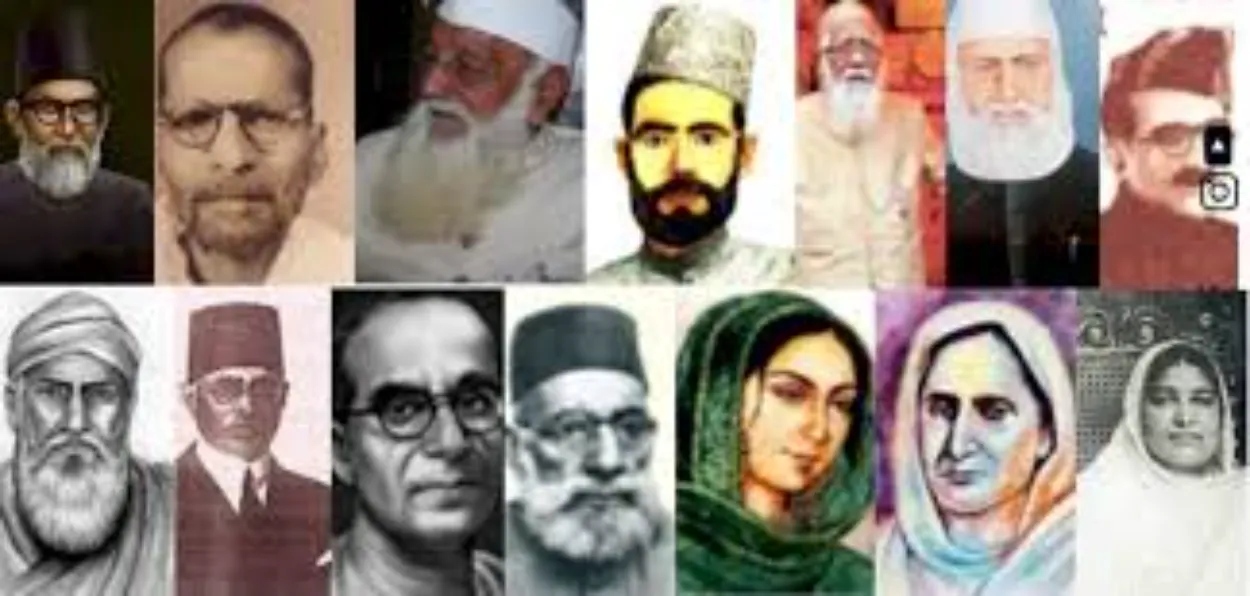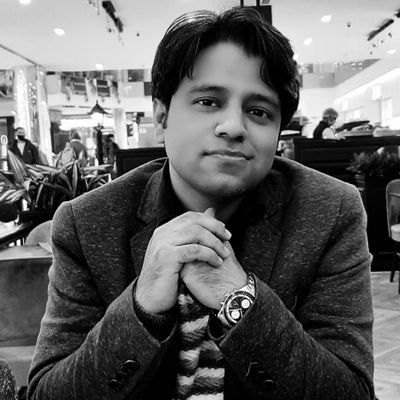
 Saquib Salim
Saquib Salim
That was the usual hot day of June 2022, when my phone rang. There was a lady on the other side enquiring, “Is this Mr. Saquib Salim who writes history-related articles for Awaz the Voice?”
The caller was from Hansraj College, University of Delhi, which was going to organize a One Week Interdisciplinary Faculty Development Programme on “We too were there: Recapitulating the Role of Women in India’s Freedom Struggle”. They felt that my articles were bringing out novel perspectives about the role of women in the Indian Freedom Struggle. My lecture, Less Sung Heroines of the Indian Freedom Struggle, at the Faculty Development Programme was almost a review of the articles I wrote for the ATV on this theme.
In 2021, when I joined Awaz-the Voice led by Atir Khan, the vision was to build a positive narrative in times of hate, highlight the syncretism of India to instill confidence among marginalized sections, especially Muslims, and provide a space for inter-community dialogue.
These were untested waters at a time when spreading hate, fear-mongering, and fake news was considered a sure shot to success in the media industry. I was tasked with bringing out histories of Hindu-Muslim unity, Muslim freedom fighters, Indian women, and other less-talked-about historical events.
My first article for ATV was about a 1921 incident when Maulana Mohammad Ali Jauhar stood against a British judge who tried to insult Shankaracharya during a court trial.
The next was about Begum Qudsia, the first female ruler of Bhopal. I and others at the ATV had no idea of the impact of such articles, and we only hoped to mark a mark gradually. People started noticing our stories and recommending us.
Only a student of history can realize what I felt while sitting among the audience at a discussion on a book when hosted historian S. Irfan Habib pointed to you and said, “...For a better understanding of the subject one should read Saquib Salim’s articles.” He was talking about the Muslims who had opposed Mohammad Ali Jinnah and referred to my series on the subject.
In today’s time, when history is divided among warring political factions, one might think that only ‘leftists’, like Prof. Habib, are recommending our articles on history. Similarly, ‘rightist’ historian Prof. Makhan Lal asked the audience during a seminar at Nehru Memorial Museum and Library (NMML) to read my articles for a better understanding of the Indian Freedom Struggle.
The Ministry of Culture organized a series of lectures across different cities to highlight less-known freedom fighters of Punjab to mark the 75 years of Indian Independence. Yours truly, on account of these history articles, featured among the speakers where almost everyone was a retired Professor of History.
Articles highlighting the Muslim allies of Kunwar Singh, a hero of the Revolt of 1857, attracted the attention of All India Radio. They aired a talk on this topic and I narrated the story of these Muslim comrades of Kunwar Singh on AIR.
Slowly and gradually we have started filling these research gaps in the narratives around less known events and people. Today, Wikipedia entries are being edited with references from our articles.
The Wikipedia entry for the Henry Classification System for fingerprints credits Hem Chandra Bose and Qazi Azizul Haque as two of its original developers based on my articles published in 2022. Similarly, Wikipedia entries on Ubaidullah Sindhi, Azad Hind Fauj, Yusuf Meherally, etc. are being edited with references from my articles.
Several University Faculties, including those from abroad, contact me regularly to get help with the sources of these new aspects of history. PhD scholars from JNU, DU, UoH, AMU, JMI, etc. come to me to get help in framing research questions and the direction which their research could have.
ALSO READ: Who won the Israel-Hamas war?
It has been four years since we at Awaz-the Voice started our journey with the hope of changing the negative narratives in the media, especially hate-mongering leading to communal conflicts. The journey took off slowly and has swiftly made inroads into public opinion. Today, we can make people think about their long-held beliefs.
